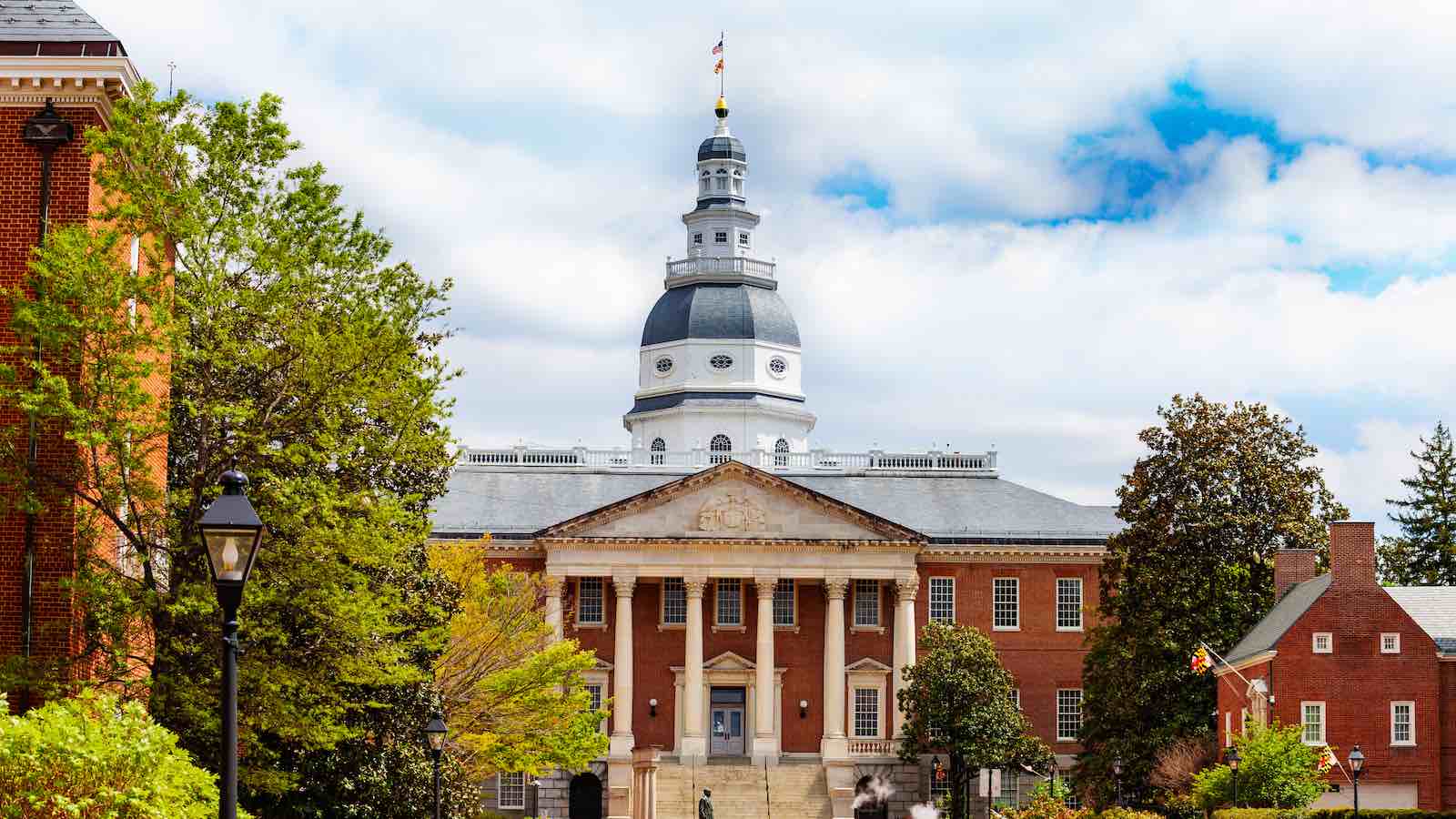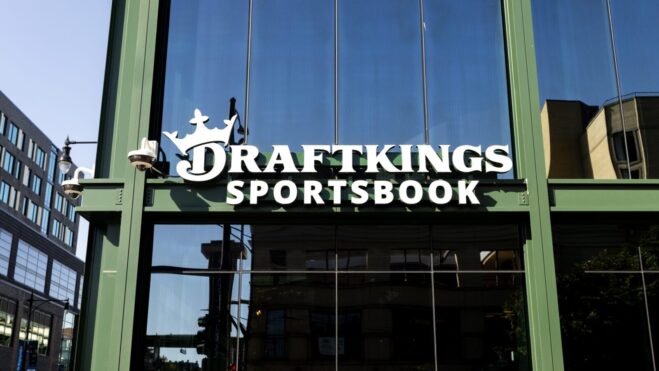Familiar Lines Drawn During iGaming Hearing In Maryland House
Rep. Atterbeary provides a potential path without a constitutional amendment
3 min

The setting may have moved to the House of Delegates to debate internet casino gaming in Maryland, but the arguments and key persons making them remained the same Monday.
The lower chamber’s Ways and Means Committee had its chance to debate Del. Vanessa Atterbeary’s HB 17 less than two weeks after a Senate hearing on the companion bill submitted by Sen. Ron Watson. Some of the proponents and opponents of iGaming testified once more Monday, remaining consistent with their respective arguments for and against legalization.
Also like the upper chamber, the Ways and Means Committee declined to take a vote after testimony. The state legislature is in session until April 7, giving lawmakers some runway, but the deadline for bills to cross chambers for amendments and other negotiations is March 17.
Atterbeary makes her case
There was familiar ground covered throughout Monday’s testimony. Atterbeary began hers by saying HB 17 has few changes from the version that passed out of committee by a 15-7 vote last year and advanced out of the House by a 92-43 count. The committee chair said she submitted the bill to “capture the already existing illegal online gaming market in the state of Maryland that is operating to the tune of $7 billion annually.”
Atterbeary, who is also the Chairperson of the Ways and Means Committee, stressed her bill is viable because of the “robust protections for problem gaming that are in this bill … dedicated to at-risk individuals.” She mentioned HB 17 being a commitment to the state’s Blueprint for Education, which already has received more than $140 million in tax revenue from sports betting since launch in December 2021.
Atterbeary reaffirmed the $10 million displacement fund to address cannibalization concerns, building live dealer studios in the state, and earmarking 1% of tax revenue towards problem gaming. She expressed confidence the bill’s responsible gaming provisions were strengthened after last year’s debate. Atterbeary did express a willingness to consider a ban of funding accounts via credit cards.
What was new was Atterbeary’s declaration a “referendum may or may not be necessary,” which would dramatically alter the timeline of legalization. She cited the servers for any online platform licensee being housed within the state as a possible means of bypassing a referendum.
If the bill remains subject to a referendum, it must pass both chambers. Maryland residents would then vote yes-or-no on gaming expansion in 2026 as an amendment to the state constitution.
Familiar faces aruging for…
Former Maryland Del. Darryl Barnes and John Pappas on behalf of the iDevelopment and Economic Association (iDEA) made appearances before House legislators after doing likewise before the Senate. This time they were joined by Urban One Chairman and CEO Alfred Liggins, BetMGM director of responsible gambling Richard Taylor, and Michelle MacGregor on behalf of the Sports Betting Alliance (SBA). The SBA represents operators FanDuel, DraftKings, Fanatics, and BetMGM.
Barnes said potential competition from Virginia, both in terms of legalizing iGaming and a brick-and-mortar venue in Tyson’s Corner, creates an urgency for Maryland to move forward. Pappas noted that nearby Pennsylvania added more than 1,000 casino jobs over the last three years while having one of the biggest iGaming platforms in the U.S.
Liggins expressed he is willing to build a live dealer studio without tax credits from the state. Both MacGregor and Taylor talked about the unregulated betting market and how legalization helps address responsible gaming and activate law enforcement action versus illegal markets.
Also making a second appearance before legislators in support of iGaming was Alyse Cohen, owner of Long Shots OTB and Sportsbook who has retail and mobile sports betting licenses. She reminded the committee the four OTBs and two bingo halls that have sports betting licenses are “integral parts of Maryland’s gambling network and deserve an iGaming license.
“More importantly, I am deeply concerned that these sportsbooks will fail if not given the chance to offer igaming and in turn compete on an equal playing ground.”
…and against iGaming
The most notable opponent to legalizing iGaming in Maryland continues to be Cordish Companies, which operates Live! Casino. Executive Vice President and General Counsel Mark Stewart spoke on Cordish’s behalf, arguing there was “no new material tax revenue for the state” and that legalization of internet casino gaming was not needed to crack down on the illegal market since it is already illegal per Maryland’s criminal code.
Atterbeary immediately took to the offensive after statements from the group that included Stewart, calling out Cordish’s iGaming offerings in Pennsylvania and asking why Cordish opposes legalization when it acknowledged previously it would seek a license if the bill was passed.
Stewart countered that Cordish has opposed iGaming in multiple states and Pennsylvania’s legalization pre-dated its arrival. He added Cordish “stands to make a lot of money if iGaming is legalized,” citing its marketplace leader status tethered to FanDuel for mobile sports betting. Stewart, though, said that Maryland and Cordish’s employees would not do well.
That appeared to rankle Atterbeary, who retorted, “OK, so then we should be put in the legislation that all of the brick-and-mortars get a license except Live. Maybe that should go in since it’s such a detriment to the state of Maryland. Perhaps that’s what we should do.”
Cordish not alone in opposition
PENN Entertainment also is opposed to the bill, but its objections are limited in scope to licenses being offered beyond the six casinos operating in the state.
Bobbi Jones, the General Manager of Ocean Downs Casino and Racetrack, also made her second appearance before lawmakers. She reiterated her testimony from the Senate hearings that iGaming contributed to a 15% loss of revenue and 45% loss in jobs at his previous place of employment, Presque Isle Casino in Pennsylvania.






